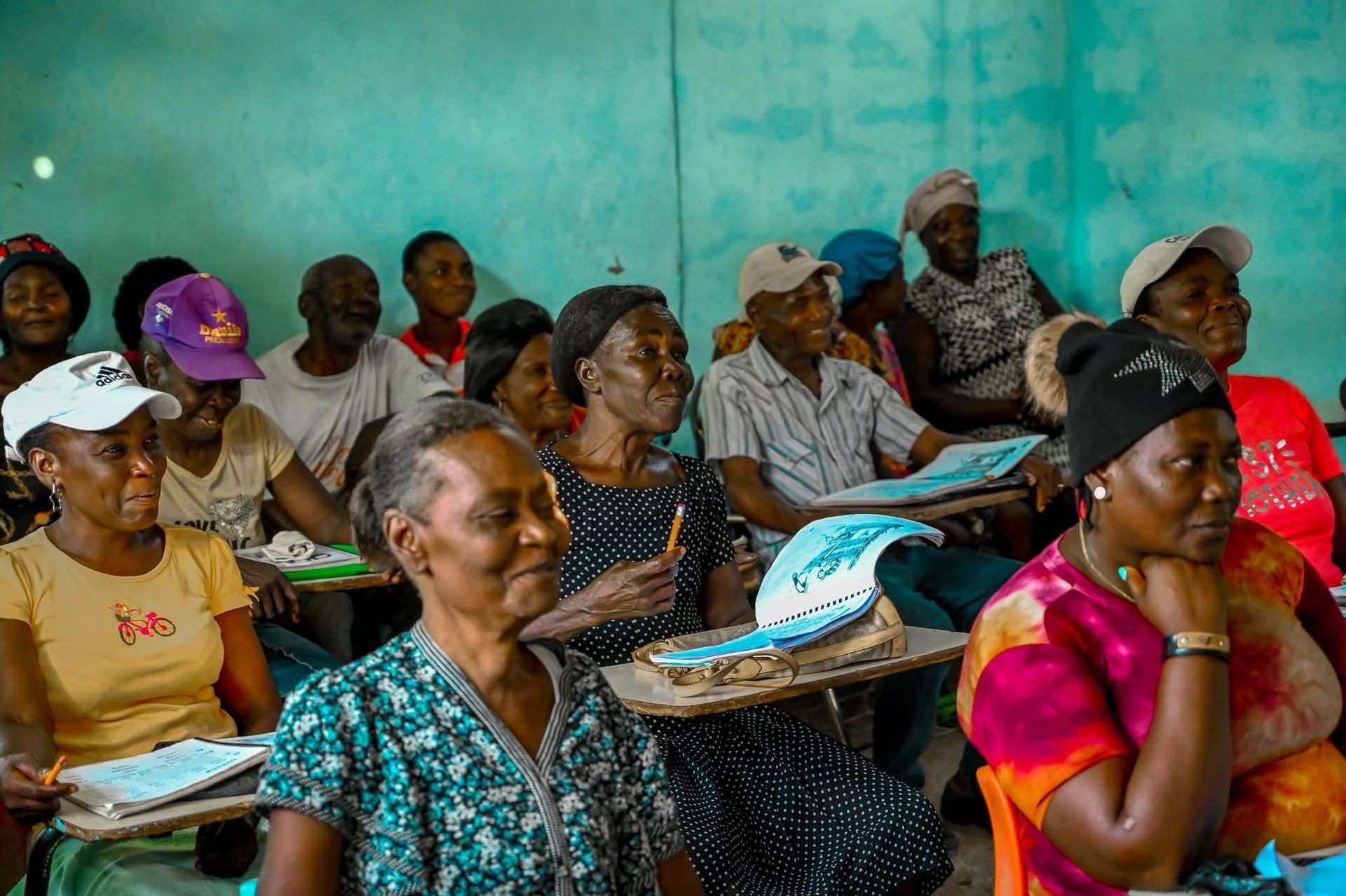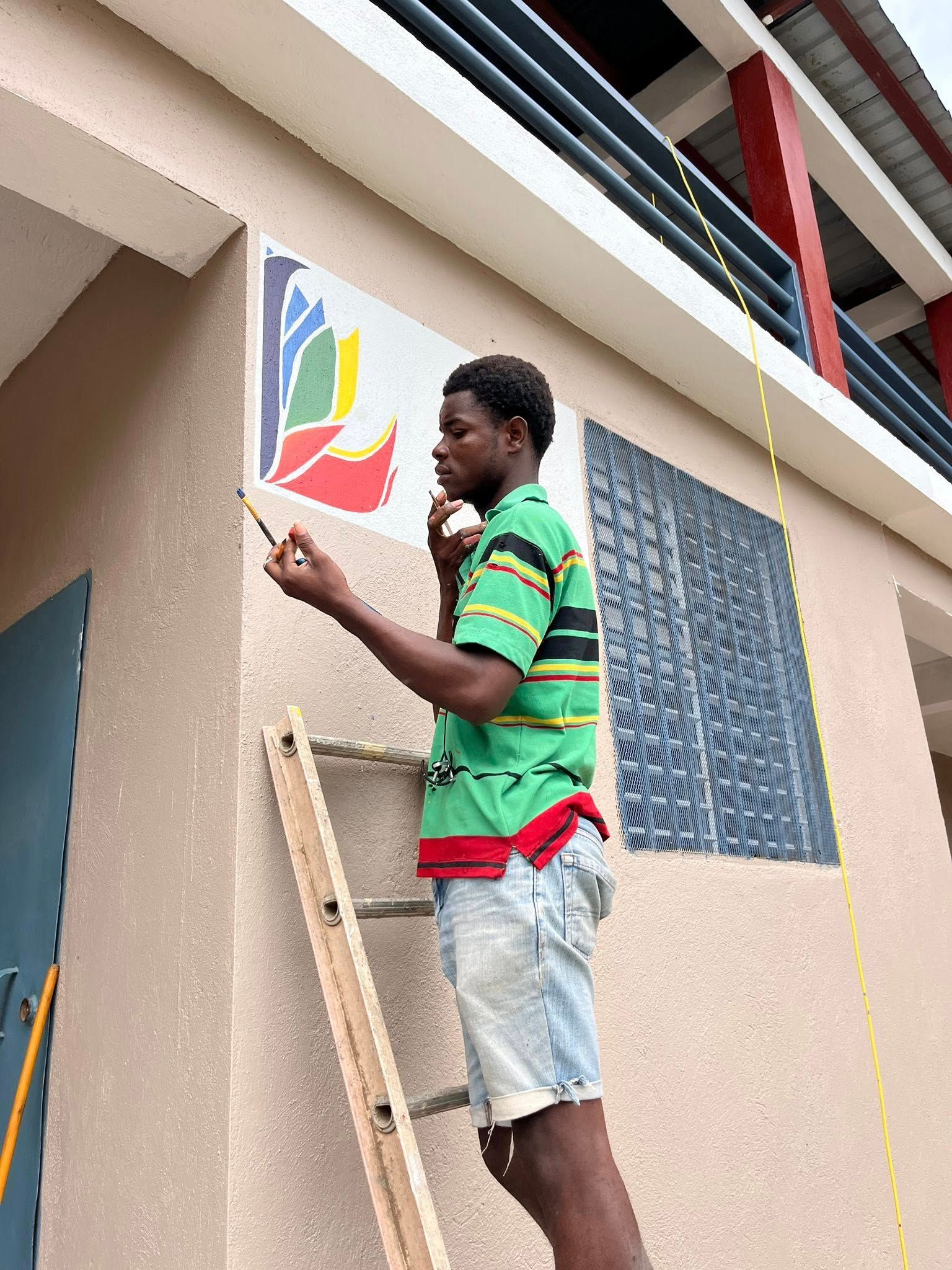The power of stories in discovering where you are really from
‘Where are you really from?’
‘Where are you really from?’ I’ve faced this question more times than I care to recall. A new acquaintance is dissatisfied with your first answer and presses for details of your ethnicity, family history and more. Why do they need to know all this? You are being made to feel that you don’t really belong. Who you think you are is seemingly irrelevant.
A shared past?
In recent years, the British Empire has moved from being a rarely discussed part of our shared history to the centre of controversy about what it means to be British. Social media feeds suggest those who critique the past are disloyal, even traitorous! This is ironic, since history is reinterpreted in every generation; historians are constantly reviewing evidence. It may be because most of us educated in British schools in recent decades learned very little about this episode of history. Before World War Two, children celebrated Empire Day by dressing and parading in fancy costumes. But postwar, as former colonial territories struggled for independence, the celebrations were quietly dropped. My schooling skated over the topic of empire and certainly didn’t link it to Britain’s Industrial Revolution. Why? It wasn’t a question of curriculum space, for we covered the Tudors and Stuarts innumerable times.
The power of stories
Fortunately, I was raised in a family of storytellers, learning at an early age there are many sides to every story. My mother and maternal grandparents were migrants, each moving several times across oceans. In 2018, I spent a few days in Chennai, India - the former city of Madras that my grandparents left 100 years earlier - on my way to work in Sri Lanka. During this trip I realised that my family stories, retold in each place, despite war and upheaval, were very special. I decided to write a family-orientated story of empire, that would include women’s stories. I resolved to visit each of the places where they settled - Chennai, Sarawak, and Singapore – all once part of the British Empire.
Then the pandemic hit, and unable to travel, I was forced to time travel. It was tricky, with libraries and archives shut for many months, but miraculously, in 2021 I came across a letter written in 1817 by my great- great- great-grandfather in Madras. In it, he tells his story, that of a Tamil boy, captured and enslaved by the East India Company, who in 1789 found himself destitute on the streets of London, and who eventually worked his passage back to India. He worked as butler to a European family and in his free time provided schooling for the poorest people of Madras.
What we share
The Steve Sinnott Foundation believes education gives people the opportunity to make the most of their lives and opportunities. My three-times great-grandfather, William Roberts, held a similar vision of the power of education to change lives. The project he founded in seventeenth century Madras lives on today and is witness to his vision. My book Where are you from? No, where are you really from? recounts William’s story and doesn’t shy away from the devastating impacts of empire, but it is also one of hope and happiness. I include stories of children’s lives, and of romantic love against the odds. It’s a story of a mixed-heritage Anglo-Indian family over six generations. I believe in the power of stories to change lives and to look afresh at our commonalities and differences. This is more important today than ever, in the face of war, destruction and disrespect for civilian lives. I invite you, the reader, to reconsider: where are you really from?
Biography
Audrey Osler is Professor Emerita of Citizenship and Human Rights Education at the University of Leeds, founding Editor-in-Chief of Human Rights Education Review, and co-Chair of the International Association for Human Rights Education (IAHRE). Audrey is a patron of the Steve Sinnott Foundation. Her latest book, Where are you from? No, where are you really from? is published by Virago.
Book launch
You are warmly invited to join me for my book launch ‘Where are you from? No, where are you really from?’ On Sunday 24 March 2.30 in Central London, St James Piccadilly. I’ll be in conversation with Yasmin Alibhai Brown.
Register for your free ticket here: https://urldefense.proofpoint.com/v2/url?u=https-3A__www.eventbrite.co.uk_e_where-2Dare-2Dyou-2Dreally-2Dfrom-2Dtickets-2D850696595417-3Faff-3Doddtdtcreator
First published in Engage 28




